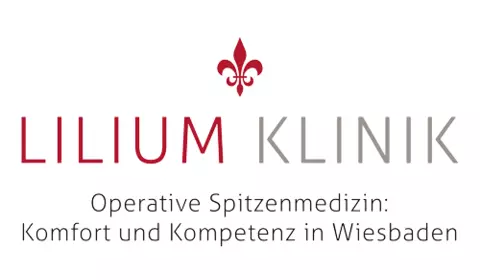Pain after Knee Replacement – What to Do?
What to do if the knee replacement still hurts?

Knee pain after the implantation of a knee prosthesis (knee replacement) is a topic that affects many patients. Despite modern surgical techniques and high-quality implants, some people complain of persistent or new pain in the knee joint after the operation. While mild discomfort during the healing phase can be considered normal, prolonged or severe pain requires a precise analysis and treatment. In this article, you will learn about the possible causes of pain after a knee replacement and the therapeutic measures that can help alleviate these complaints.
Normal postoperative complaints vs. pathological pain after knee replacement
1. Normal pain after knee surgery
- Postoperative pain is common in the first few weeks after surgery.
- They arise from the trauma of the surgical intervention and the necessary manipulation of the tissue.
- Pain can usually be controlled with medication and physiotherapeutic measures.
2. Warning signs - When is pain no longer normal?
- Swelling, redness or overheating of the knee joint can indicate infections.
- Sudden, severe pain could indicate prosthesis loosening or deep vein thrombosis (DVT).
- Chronic complaints over weeks or months require a differentiated examination.
Possible causes of pain after knee replacement
1. Mechanical causes
- Incorrect prosthesis positioning: Incorrect positioning of the prosthesis can lead to unnatural stress and pain.
- Symptoms: pain when walking, feeling of an "unstable" knee.
- Loosening of the prosthesis: Over time, the implants can loosen.
- Cause: normal wear or inadequate bone healing.
- Diagnosis: X-rays or CT scans show abnormalities.
- Instability: The balance of the TKR is not correct. The ligament structures cannot sufficiently stabilize the knee.
2. Soft tissue problems
- Scar formation: Excessive scar formation can limit mobility and cause pain.
- Tendon overload: The quadriceps tendon or other tendons around the knee can be overstressed after surgery.
3. Neurological causes
- Nerve irritation: Severed or irritated nerves during surgery can trigger chronic pain.
- Symptom: Burning pain or numbness.
- Treatment: Local nerve blocks or medication therapy.
- Complex regional pain syndrome (CRPS): A rare but serious cause of prolonged pain after surgery.
- Symptom: Swelling, discoloration, and excessive pain sensitivity of the joint.
4. Infections
- Superficial infections: Affects skin and soft tissues.
- Symptoms: Swelling, pus formation, and overheating.
- Deep infections: Infections on the prosthesis itself, which can often only be resolved through revision.
5. Psychosomatic causes
- Chronic pain can be exacerbated by stress, depression, or anxiety.
- Approach: Multimodal pain therapy including psychological care.
Diagnostics for pain after knee replacement
1. Medical history and clinical examination
- Thorough assessment of symptoms.
- Examination of mobility, swelling, and prosthesis stability.
2. Imaging procedures
- X-ray: Shows loosening or misalignment of the prosthesis.
- MRI: Detailed imaging of soft tissue and nerve problems.
- Scintigraphy: To clarify infections or inflammation.
3. Laboratory diagnostics
- Blood tests to detect signs of inflammation.
- Joint aspiration if infection is suspected.
Treatment of pain after knee replacement
1. Medicinal therapy
- Pain medication such as NSAIDs, paracetamol, or opioids.
- Local injections of cortisone or hyaluronic acid.
2. Physical therapy
- Physiotherapy: Strengthening of muscles and improvement of mobility.
- Lymphatic drainage: Reduction of swelling and improvement of healing.
3. Surgical measures
- Revision of the prosthesis: Necessary for infections, instability, or prosthesis loosening.
- Arthroscopic interventions
5. Psychological therapy
- Coping strategies for psychosomatic complaints
Prevention of postoperative pain
1. Good surgical planning
- Selection of the appropriate prosthesis.
- Consideration of comorbidities.
2. Optimization of the healing process
- Early mobilization.
- Individually tailored rehabilitation plans.
3. Education and patient training
- Knowledge transfer about the normal healing time.
- Promoting a realistic expectation.
Summary and Outlook
Pain after a knee replacement (knee TEP) does not necessarily have to be permanently accepted. There are numerous approaches to identify the causes and treat the complaints specifically. It is important to speak with a specialized doctor early on and develop a treatment plan together. With the right therapy, many patients can regain their quality of life and lead an active life.
This article provides comprehensive information on pain after knee replacement. If you have any individual questions, please contact ENDOPROTHETICUM or another specialized orthopedic center.
Make an Appointment?
You can easily make an appointment both by phoneand online .



























